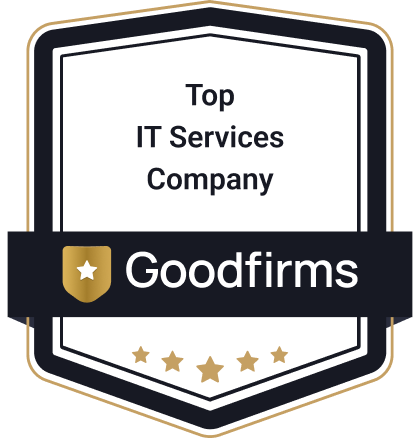Save time and money with Chudovo, a DevOps solutions provider, and their best practices, such as agility, automation, continuity, governance, cloud integration, CI/CD, GitOps, containerization, DevSecOps, AI/ML, and AI Ops. Streamline the software development life cycle (SDLC) development, security, testing, and deployment processes with Chudovo.
Focus on core business while reducing and controlling costs more effectively, seizing new opportunities, and innovating; this will enable cost savings and better capitalization on new opportunities.
Develop a DevOps assessment roadmap to enhance software release and delivery processes, hasten time to market and minimize technical debt.
Standardize and industrialize business processes by quickly adapting to changes, improving analytical capabilities, and ensuring regulatory compliance.



Merging code developed by software developers into a central repository to identify and fix bugs more quickly improves quality. It reduces the time it takes to validate and release new updates.
Continuous delivery is constructing, testing, and readying code modifications for release. It is an extension of continuous integration, wherein code changes are brought to the testing and production environments.
Applications are constructed by assembling numerous smaller components (microservices) to create the overall system. These individual parts manage individual processes and interact with each other to achieve more complex goals.
The provision and management of infrastructure through software development methods (such as continuous integration and version control) are referred to as Infrastructure as Code. This approach treats infrastructure like application code, enabling it to be quickly deployed through patterns.
Code automation enables standardized operational tasks, host configurations, and operating systems, streamlining configuration changes and freeing up time for developers.
Automatic tracking, validation, and reconfiguration of infrastructure described in code provide teams with a more streamlined method for governing changes over resources, as any non-compliant resources can be quickly brought back into compliance.
Active monitoring is the practice of examining application and infrastructure performance and their effect on the end user. Through this process, teams can better comprehend the impact of modifications and updates and be more proactive in addressing possible difficulties.
Key Practices for DevOps: Tools and automation are critical components of the DevOps methodology. It brings together development and operations teams and their workflows, encouraging greater collaboration and communication through enhanced information sharing and data tracking.
Chudovo can assist you with infrastructure management, which includes automated environment provisioning, a monitoring program that sends alerts, and autoscaling. It is essential for product success. Our DevOps consulting services provide efficient workflow and help prevent many problems through monitoring and alerting tools.
At Chudovo, we have extensive experience in the Cloud. Our software development and operations teams always apply best practices when working on a Cloud project, such as utilizing measurable operational goals, infrastructure management, and solution design patterns. As a DevOps services provider, we are well-versed in the various cloud-integrated DevOps tools and respective offerings for automation from the major cloud providers.
At Chudovo, we focus on incorporating security into the SDLC, an approach known as DevSecOps. It enables us to achieve a smoother integration process, improved security and compliance, and reduced costs.
At Chudovo, we focus on integrating DevSecOps into the SDLC from the outset. This approach promotes smoother process integration, improved security and compliance, and cost savings. By building security into the product from the start, we can ensure that DevOps solutions and services are secure.